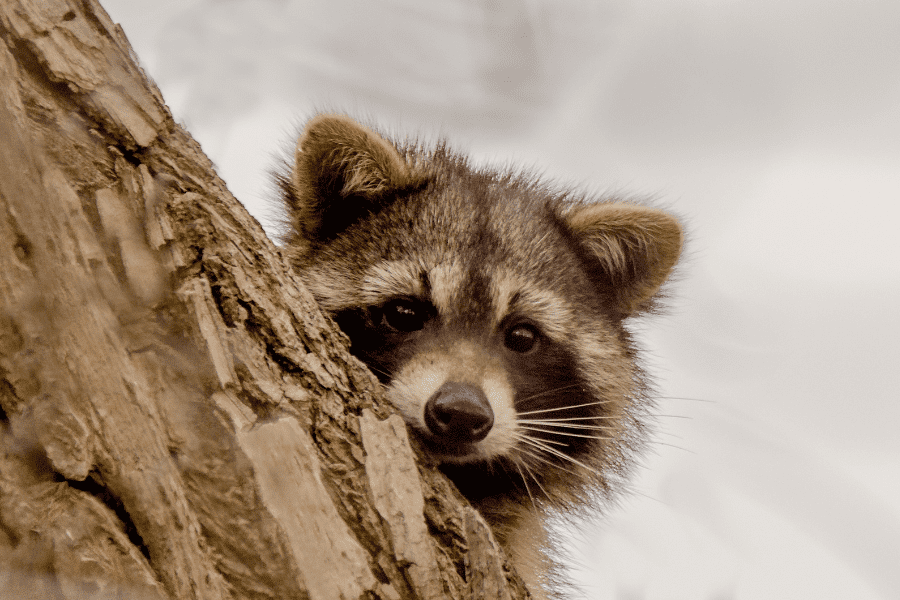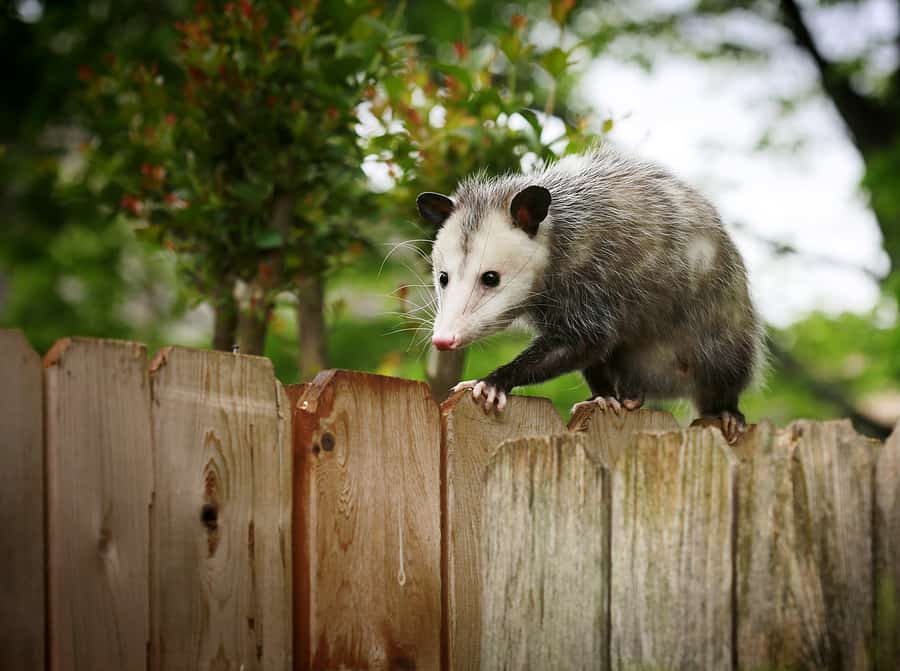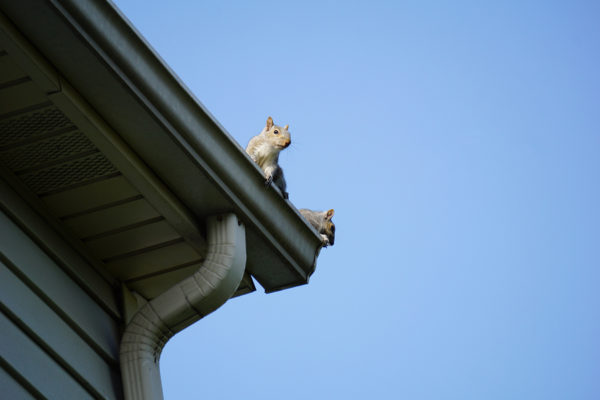READY TO GET STARTED?
REQUEST A FREE ESTIMATE
Fill out the form below or call (888) 466-7849 for a free, no-obligation estimate.

The weather is still a bit chilly, but spring is just around the corner and that means more wildlife will be out and about. Just because they left your attic alone this past winter doesn’t mean they won’t be attracted to it for the springtime. This is the time of year they will be searching for shelter to bear and rear their young. They are well-adapted to urban life and will typically be attracted to homes to find a safe place to settle down. Let’s go over which animals it’s time to keep an eye out for:
Most wildlife creatures are generally harmless but can be problematic if they get inside your home. Wildlife control begins with prevention. Here are some handy tips:
If you suspect a problem with wildlife or other pests, give your local wildlife control company a call today for a free inspection!

It’s minutes before you have to run out the door and make your commute to work. You make your coffee and look out the window, only to see last night’s dinner scattered throughout your yard! Unfortunately, your garbage has been rummaged through all night by a couple of wildlife pests. Two popular animals that are known to forage through trashcans and dumpsters for food are raccoons and opossums.
Raccoons, known for their distinctive black mask coloring on their faces, can range from just under 2 feet long to over 3 feet long. These animals are considered nocturnal and are rarely seen by humans. Be aware, though, spotting a raccoon during the day can be a possible sign they have rabies or other abnormal conditions.
Raccoons are scavengers, looking for food wherever they can find it, often foraging in trashcans and dumpsters. These skillful creatures can easily use their paws to open doors and lids to look for food. While they are omnivores, they prefer fruits and nuts over meat. Because they are creatures of habit, once these animals find a food source at your home, they will keep coming back until the food source is gone.
Another animal you’ll catch roaming around your trashcans is the opossum. Grey in color, opossums can range from 14” long to over 3 feet long, with their tails making up 50 percent of their total body length! These animals also tend to live near wet areas such as swamps and marshes.
While opossums are omnivores, they prefer insects and carrion over fruits and vegetables. As highly skilled climbers, you’ll find these creatures in trees, staying up there for as long as they can. They are also slow movers so don’t expect them to make a quick getaway! Opossums are generally not aggressive, though they will play dead if they are threatened.
Here are some tips to help prevent wildlife from rummaging through your garbage.

The winter months can bring wildlife indoors as they search for food and shelter from the cold weather, causing property damage by chewing through the wood, insulation, and wiring in your home, and can also carry diseases that threaten the health of you and your family. What critters should you be concerned about? Most wildlife control services include the exclusion, removal, and control of animals such as squirrels, rodents, raccoons, snakes, bees, and birds. Safe removal of the nuisance critter is always the first priority when it comes to wildlife, but what can you do to prevent these animals from getting into your home or property to begin with? Keep reading for tips on wildlife prevention and bird control.
If you suspect a wildlife problem, contact a professional wildlife control company. A wildlife removal expert will inspect your home to identify the animal nuisance, determine where they are getting in, remove them, and prevent the wildlife from getting into your home in the future. They can also inform you of any existing damage or contamination and provide you with a recommendation for repairs or clean-up.
You May Also Be Interested In:
Lawn Care: 7 Tips For A Healthy Winter Lawn
What Is Green Pest Control?
Termite Control: Do I Really Need Termite Protection?
Pest Control: Mosquitoes In The South
Exterminating Tips: Keeping Out Winter Pests